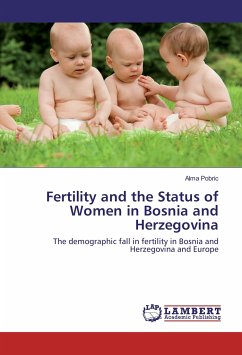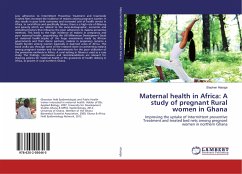The book reviews the fertility and women's status in Bosnia and Herzegovina. The differences in population growth rates among the world's major areas during the 1950-2000 and the fertility characteristics and family policy in Europe. The historical aspect of female positions in Bosnia-Herzegovina`s society is illustrates that fertility transitions are initiated by the improved status of women and their increased ability to determine own fertility. The correlation between fertility and urbanization and income per capita suggests that as income or the level of urbanization rises then the fertility rate falls. Ethnic affiliation to some extent corresponds with other socio-economic factors impacting on fertility level. Total fertility rates vary across urban and rural place of residence generally, but higher fertility rates are found in more urban then in rural areas. The large body of evidence showing how high fertility levels is related to economically less developed municipalitieshelps to elucidate the relationship between a women`s occupation and total fertility rate.
Bitte wählen Sie Ihr Anliegen aus.
Rechnungen
Retourenschein anfordern
Bestellstatus
Storno








